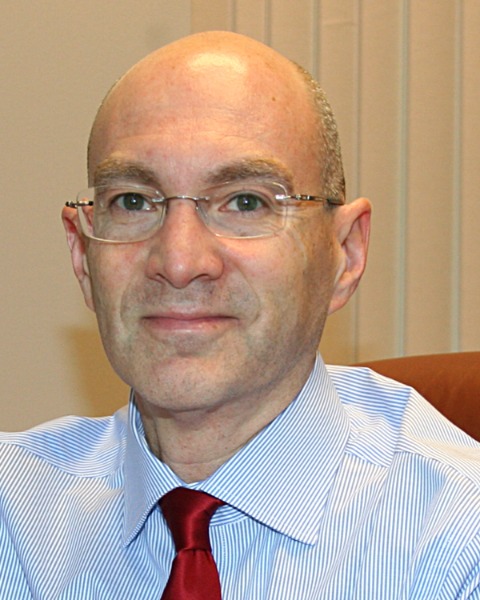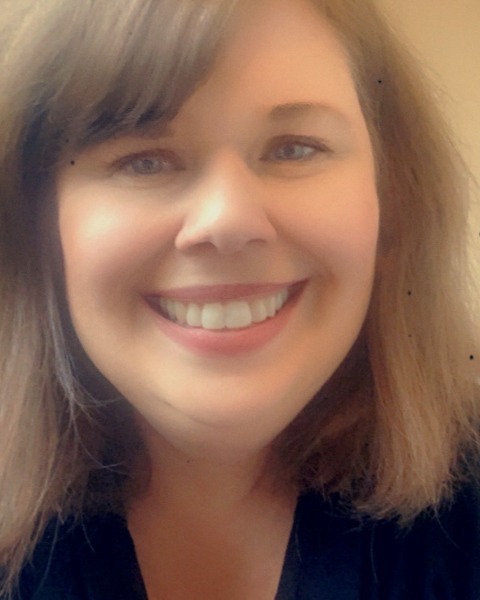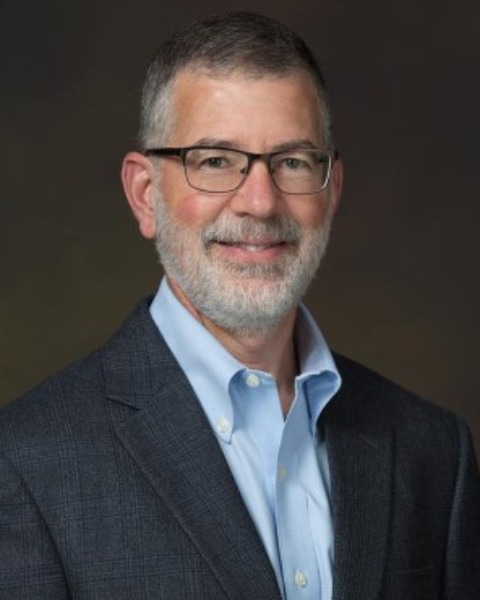Medication Confusion: How to Reduce Multiple Categories of Brain Active Medications
1.50 CME / 1.50 CMD Clinical / 1.50 MOC
This session will discuss how to evaluate indications, efficacy, and side effects for and individual patient, who is prescribed multiple CNS medications. Specific talking points will be presented to assist providers in conversations with consultants, patients, and family members. Algorithms will be utilized to demonstrate how and when to reduce medications. Case-based scenarios for commonly used CNS medications (gabapentin, tramadol, sertraline, amitriptyline) will be utilized for an interactive session discussing best approaches to drive medication optimization. A geropsychiatrist and pharmacist will provide additional perspectives.
Learning Objectives:
- Identify talking points for CNS active medications that will resonate with consultants such as psychiatrists.
- Utilize deprescribing algorithms to taper and discontinue CNS active medications such as gabapentin, tramadol, sertraline, and amitriptyline.
- Demonstrate one approach to determining which CNS active medication to taper first based on specific patient characteristics/responses.
Presenters:
 Jay Tillman, MD, is currently the Optum Psychiatric Medical Director in Rhode Island and Connecticut. He has over twenty years of experience providing psychiatric care in a variety of settings including LTC and AL facilities, as well as a community-based general outpatient psychiatric practice. Currently, he is also the psychiatrist for a leading group home system based in Hartford, Connecticut.
Jay Tillman, MD, is currently the Optum Psychiatric Medical Director in Rhode Island and Connecticut. He has over twenty years of experience providing psychiatric care in a variety of settings including LTC and AL facilities, as well as a community-based general outpatient psychiatric practice. Currently, he is also the psychiatrist for a leading group home system based in Hartford, Connecticut.
 Jaclyn Graham, PharmD, BCPS, is a clinical pharmacy manager at Optum. She currently manages Part D measures for the Institutional Special Needs plans. She has a team of eight pharmacists and a Nurse Practitioner who work to influence appropriate prescribing amongst our long-term care Advanced Practice Clinicians. She serves on the educational committee for Pharmacy Quality Alliance.
Jaclyn Graham, PharmD, BCPS, is a clinical pharmacy manager at Optum. She currently manages Part D measures for the Institutional Special Needs plans. She has a team of eight pharmacists and a Nurse Practitioner who work to influence appropriate prescribing amongst our long-term care Advanced Practice Clinicians. She serves on the educational committee for Pharmacy Quality Alliance.
 Todd Sobol, MD, FACP, CMD, became a Certified Medical Director in 2001 and is a Diplomat of the American Board of Internal Medicine with added qualifications in Geriatric Medicine. Dr. Sobol is a Clinical Assistant Professor of Internal Medicine at Wright State University, Boonshoft School of Medicine. He has managed patients in nursing facilities as well as in the acute care hospital and outpatient private practice setting in Dayton, Ohio. He is a Past President and an active member of the Board of Directors of OMDA -the Ohio Society for Post-Acute and Long-Term Care Medicine. He works on the teaching faculty for the AMDA Core Curriculum for Medical Direction in Post-Acute and Long-Term Care for CMD Certification. He serves on the ABPLM Board of Directors. He is on the Advisory Board of CareBand, developing location tracking wearable technology for Dementia management. Dr. Sobol serves as the Central Regional Medical Director for Optum Senior Community Care. He has worked with Optum since 2000 having served Senior Medical Director roles in Ohio, Indiana, Kentucky and West Virginia. He has engaged as a United Culture Ambassador, authored numerous presentations, joined cross functional teams in managing medical expense and served as a key influencer of physician relationships.
Todd Sobol, MD, FACP, CMD, became a Certified Medical Director in 2001 and is a Diplomat of the American Board of Internal Medicine with added qualifications in Geriatric Medicine. Dr. Sobol is a Clinical Assistant Professor of Internal Medicine at Wright State University, Boonshoft School of Medicine. He has managed patients in nursing facilities as well as in the acute care hospital and outpatient private practice setting in Dayton, Ohio. He is a Past President and an active member of the Board of Directors of OMDA -the Ohio Society for Post-Acute and Long-Term Care Medicine. He works on the teaching faculty for the AMDA Core Curriculum for Medical Direction in Post-Acute and Long-Term Care for CMD Certification. He serves on the ABPLM Board of Directors. He is on the Advisory Board of CareBand, developing location tracking wearable technology for Dementia management. Dr. Sobol serves as the Central Regional Medical Director for Optum Senior Community Care. He has worked with Optum since 2000 having served Senior Medical Director roles in Ohio, Indiana, Kentucky and West Virginia. He has engaged as a United Culture Ambassador, authored numerous presentations, joined cross functional teams in managing medical expense and served as a key influencer of physician relationships.
Credit Information:
Activity Created 3/2023
Credits Available Until 3/2026
- 1.5 CME
- 1.5 CMD Clinical
- 1.5 MOC
- 1.5 Pharmacology Hour
Credit Statements:
CME: AMDA – The Society for Post-Acute and Long-Term Care Medicine designates this enduring material for a maximum of 1.5 AMA PRA Category 1 Credit(s)TM. Physicians should only claim credit commensurate with the extent of their participation in the activity.
AMDA – The Society for Post-Acute and Long-Term Care Medicine for Post-Acute and Long-Term Care Medicine is accredited by the Accreditation Council for Continuing Medical Education (ACCME) to provide continuing medical education for physicians.
CMD: This self-study activity has been pre-approved by the American Board of Post-Acute and Long-Term Care Medicine (ABPLM) for a total of 1.5 clinical hour(s) toward certification or recertification as a Certified Medical Director (CMD) in post-acute and long-term care medicine. The CMD program is administered by the ABPLM. Each physician should claim only those hours of credit actually spent on the activity.
ABIM Maintenance of Certification (MOC): Successful completion of this CME activity, which includes participation in the evaluation component, enables the participant to earn up to 1.5 Medical Knowledge MOC points and patient safety credit in the American Board of Internal Medicine’s (ABIM) Maintenance of Certification (MOC) program.
Participants will earn MOC points equivalent to the amount of CME credits claimed for the activity. It is the CME activity provider’s responsibility to submit participant completion information to ACCME for the purpose of granting ABIM MOC credit.
*This activity satisfies the requirements for 1.5 Pharmacology Hours for Nurse Practitioners.
Visit the Continuing Education page for information on if and how you can claim credit/hours for AMDA’s education.
Disclosure Information:
The Society requires the disclosure of all speaker/faculty/planner’s relevant financial relationships; presence of off-label use of a device or medication; and discussion of any experimental, new or evolving topic prior to each accredited education activity.
If the learner perceives any bias toward a commercial product or service, advocation of unscientific approaches to diagnosis or therapy, or recommendation, treatment, or manners of practicing healthcare that are determined to have risks or dangers that outweigh the benefits or are known to be ineffective in the treatment of patients please report this to the Society’s staff.
- Julie Gammack, MD, CMD (Planner): Stockholder: Amarin
- Kenya Rivas Velasquez, MD, CMD, FAAFP (Planner): OptumRx: Stockholder
- Todd Sobol, MD, FACP, CMD (Speaker): CareBand: Advisory Board; CareBand: Stockholder/Ownership Interest (excluding diversified mutual funds)
- All other planners, speakers, and AMDA staff have no relationships with ineligible companies.
All relevant financial relationships have been identified and mitigated.